“Molon Labe” is an exhortation that never loses its relevance. Its message can be summarized in two words: fight and...
- There are no more items in your cart
- Shipping
- Total zł0.00
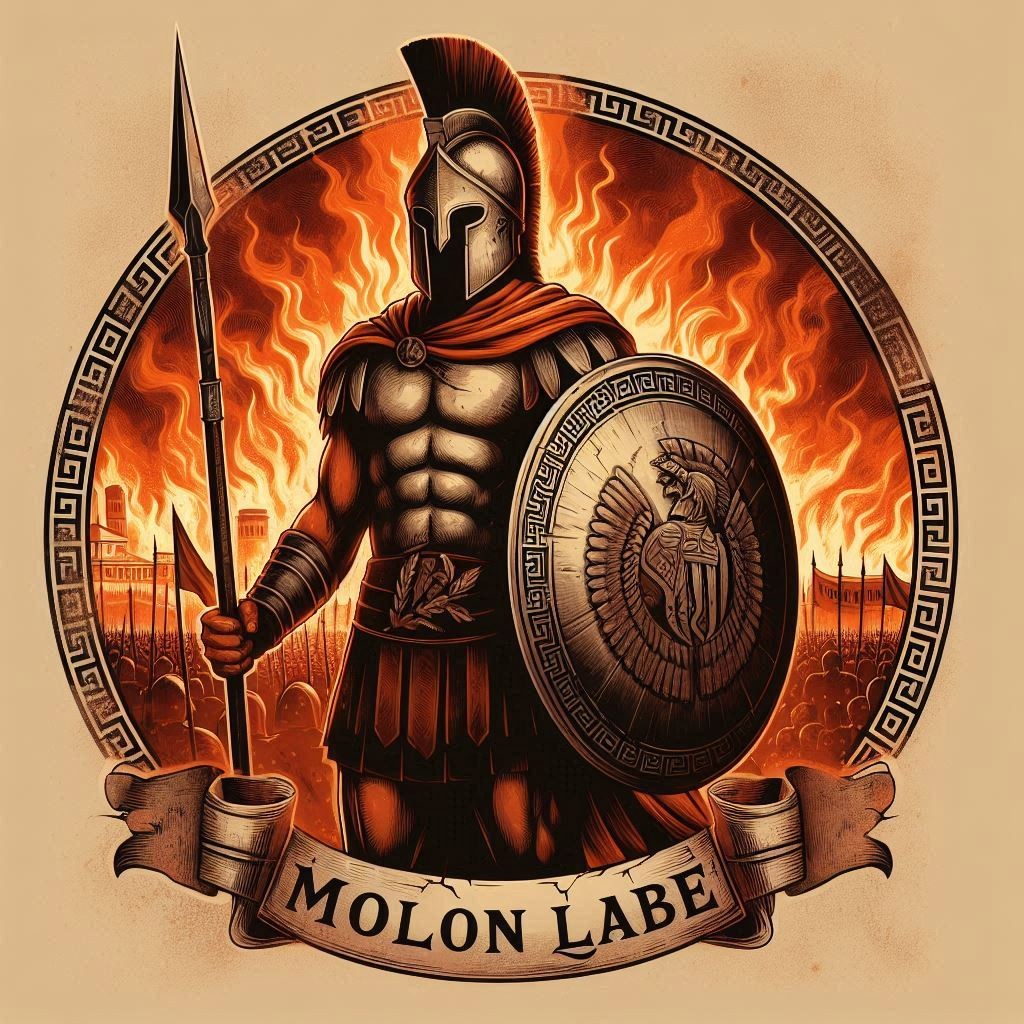
Molon Labe (Μολὼν λαβέ)
“Molon Labe” is an exhortation that never loses its relevance. Its message can be summarized in two words: fight and don't give up - a universal symbol for people standing up for their freedom, principles and independence.
Molon Labe (Μολὼν λαβέ) is a Greek phrase that can be translated as “Come and take” or “Come and take.” It is a historical phrase that has earned a special place in military culture and symbolism related to resistance to coercion. In practice, it is an expression of steadfastness and refusal to surrender, even in the face of overwhelming hardship or coercion.
The expression is attributed to the king of Sparta, Leonidas I, in response to an ultimatum from the Persian king Xerxes in 480 BC during the Battle of Thermopylae.
Xerxes, wielding a huge army, demanded that the Spartans lay down their arms and surrender. Leonidas, commanding a relatively small detachment of Spartans and allies, responded defiantly: “Molon Labe.” This expressed an unyielding fighting spirit and determination to fight to the end, even in the face of an overwhelmingly outnumbered opponent.
“Molon Labe” has become a symbol:
- Courage and determination to defend freedom - it is associated with heroism and courage in the face of overwhelming superiority of the enemy, which perfectly reflects the situation of the Spartans at Thermopylae. “Molon Labe” conveys the message: I will not give up without a fight. This phrase combines pride, strength and an uncompromising will to act, which makes it exceptionally strong on an emotional level.
- Opposition to tyranny and coercion - it symbolizes disagreement with the forces imposing their will on others. It is a call to fight for one's rights, freedom or beliefs.
- Non-submission in situations where someone wants to impose their will - is an expression of willingness to defend one's principles and sovereignty, even at the highest cost.
Nowadays the expression is used in various contexts, especially in environments:
- Military - as the motto of military units, a symbol of struggle and resistance. Special troops and paramilitary organizations value the phrase for its reference to unyieldingness and readiness to fight.
- Right to bear arms - in the US, “Molon Labe” is often seen on emblems associated with the movement to defend the right to own firearms (Second Amendment).
- Patriotic - symbolizes readiness to defend one's homeland or values.
- A personal philosophy of life, a symbol of steadfastness - for many people “Molon Labe” has become a personal motto that motivates them to face adversity. The slogan often appears as a tattoo or on clothing, expressing individual opposition to succumbing to the pressures of the environment.
In popular culture, the phrase appears in many forms:
- Film and literature: References to the Battle of Thermopylae are particularly popular, such as in the film “300” (2006).
- Fashion and symbols: T-shirts, car stickers and patches with the phrase are popular among those who value personal freedom.
- Gaming: Spartan motifs often accompany characters associated with heroism and steadfastness.
“Molon Labe” is more than words - it is the idea of fighting for what is most important, even in the face of adversity. For many people, it is a universal symbol of courage and resilience in the face of duress.

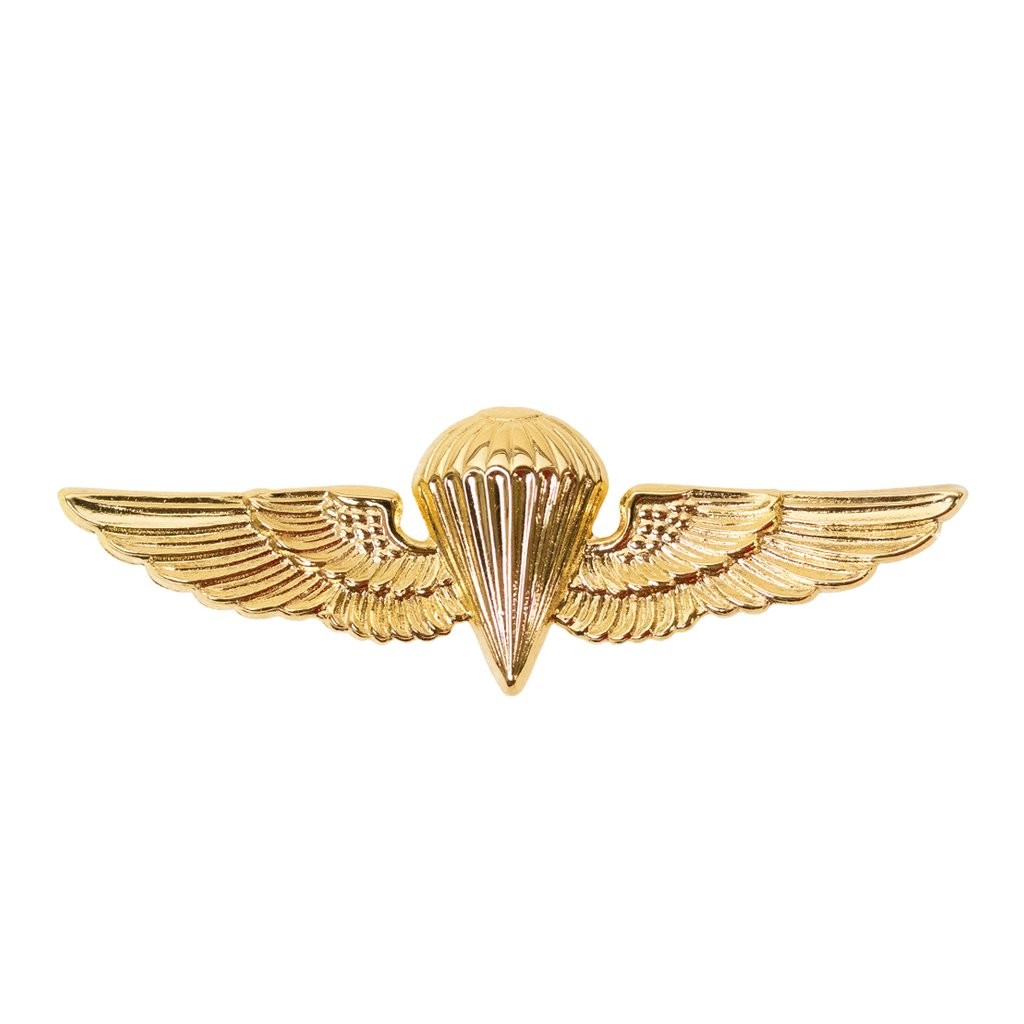

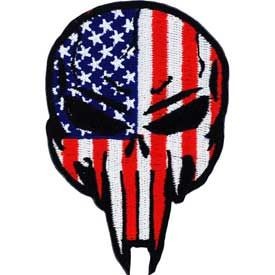




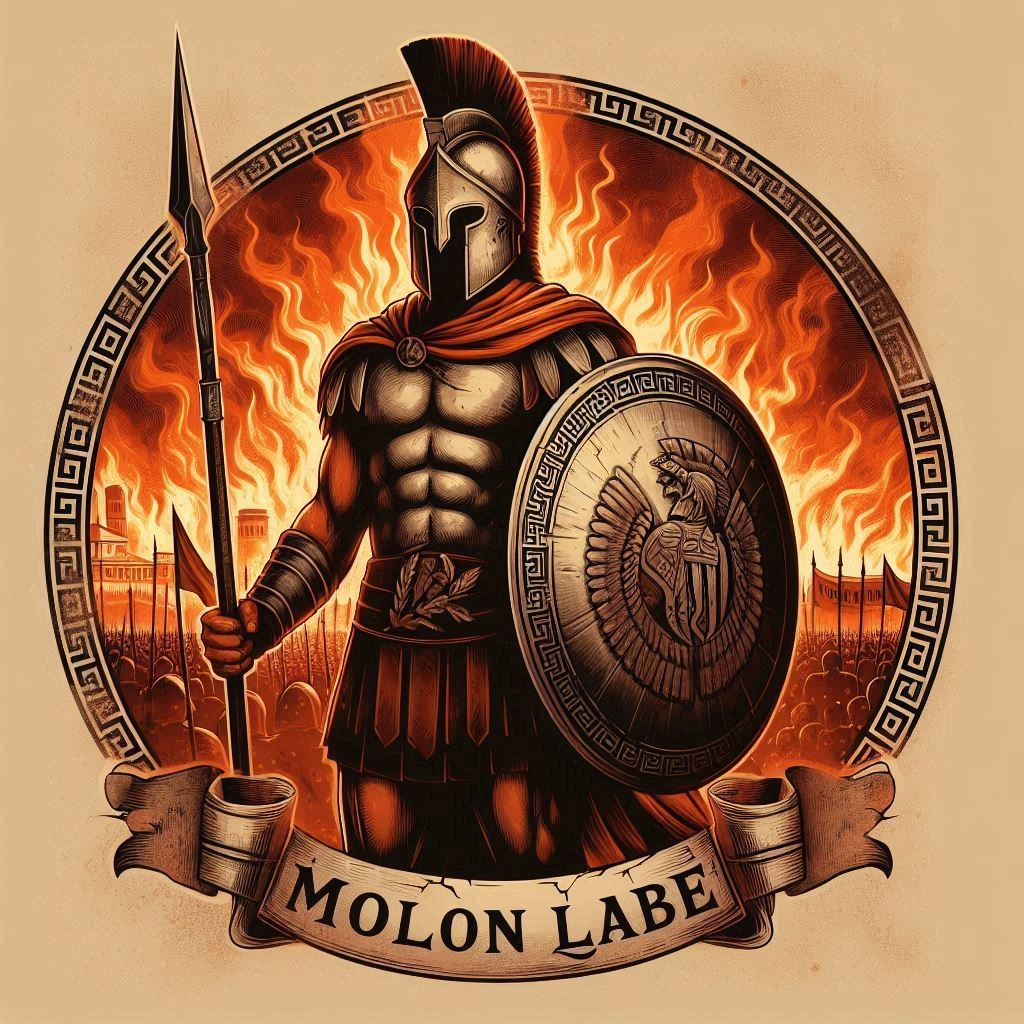


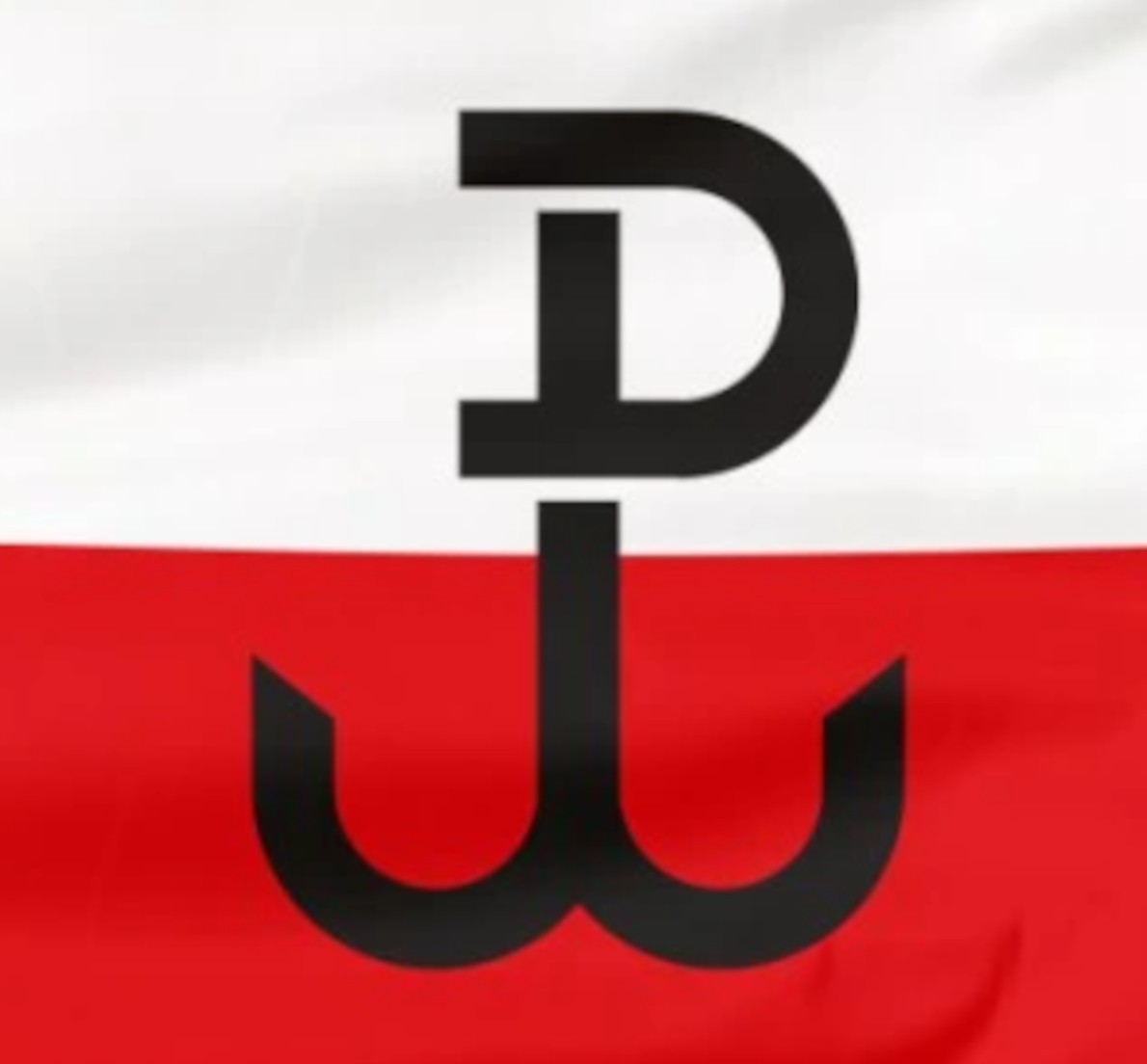
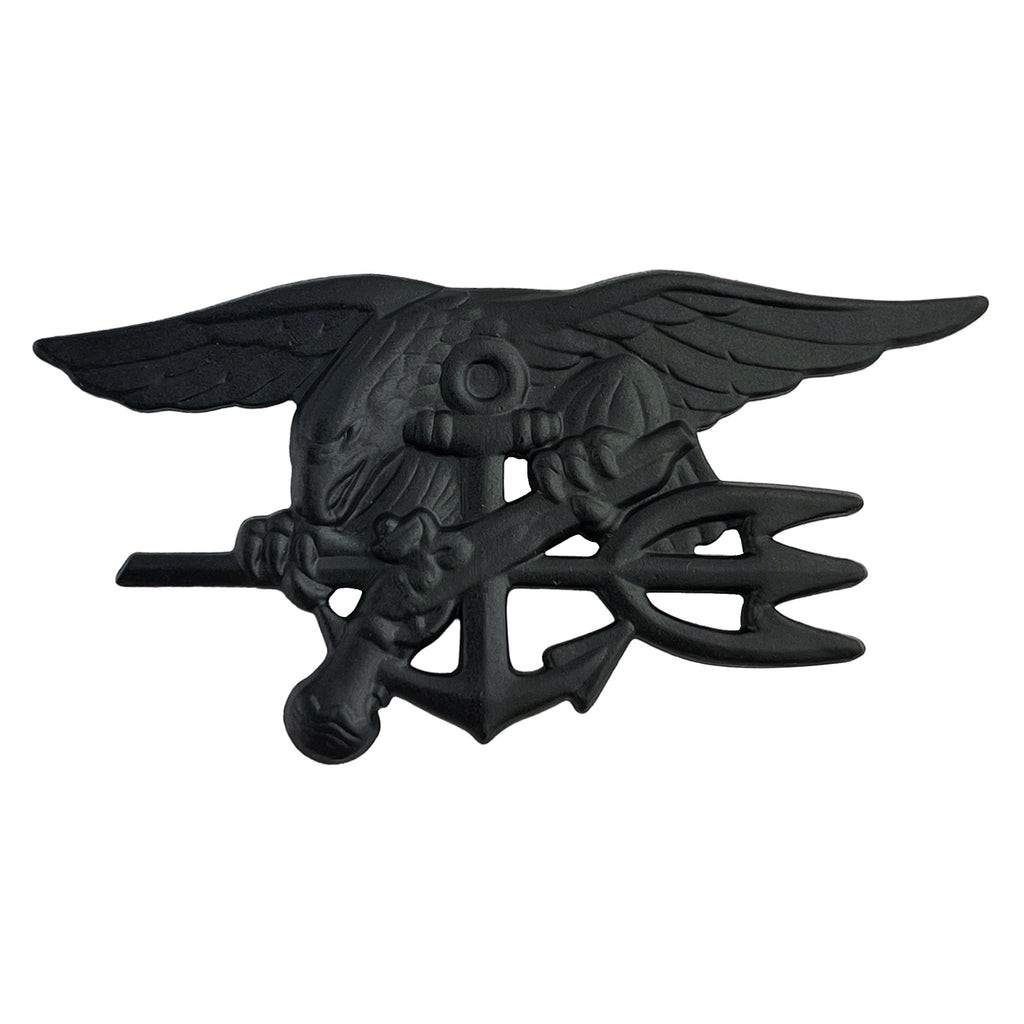


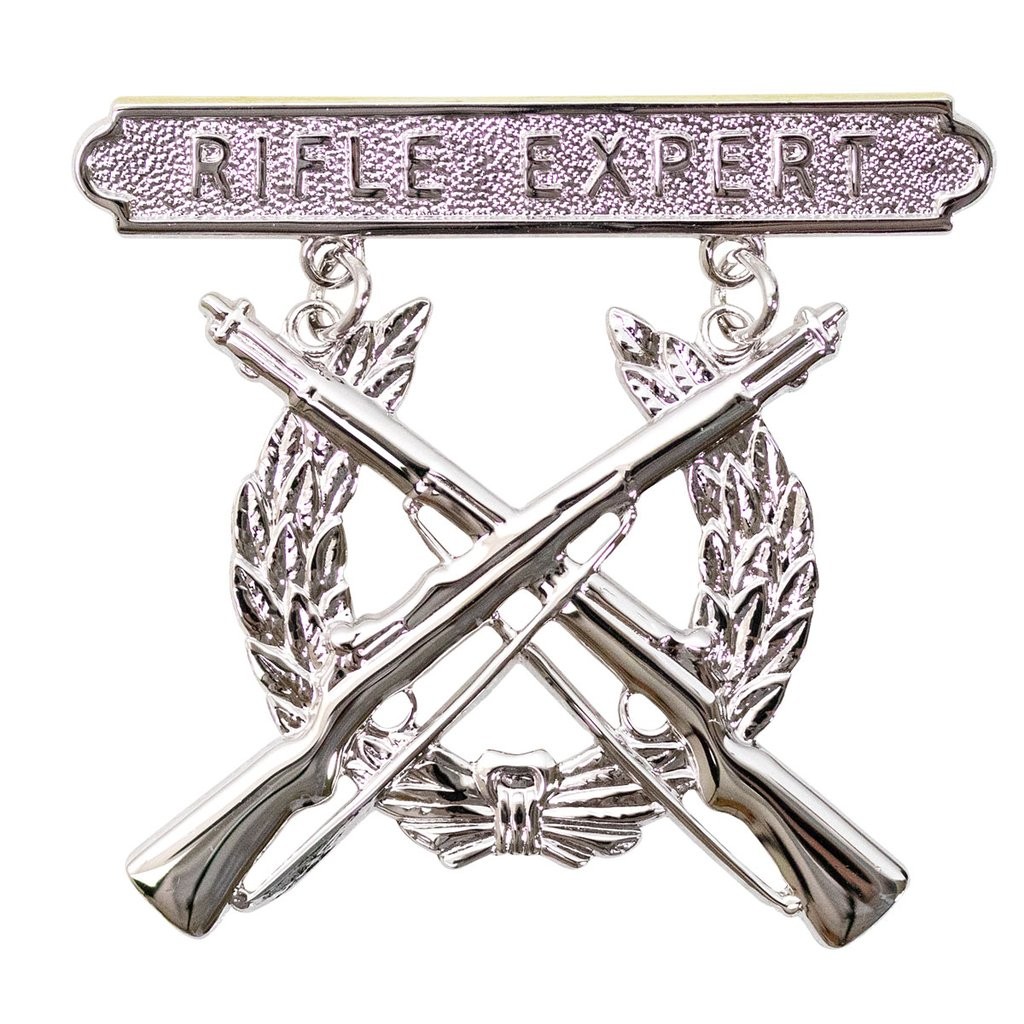



Leave a comment